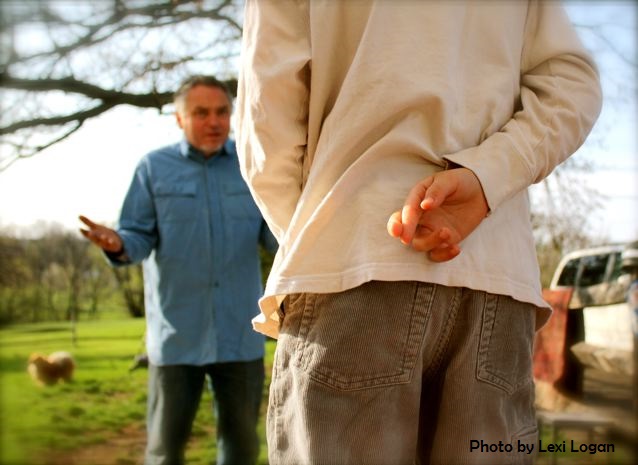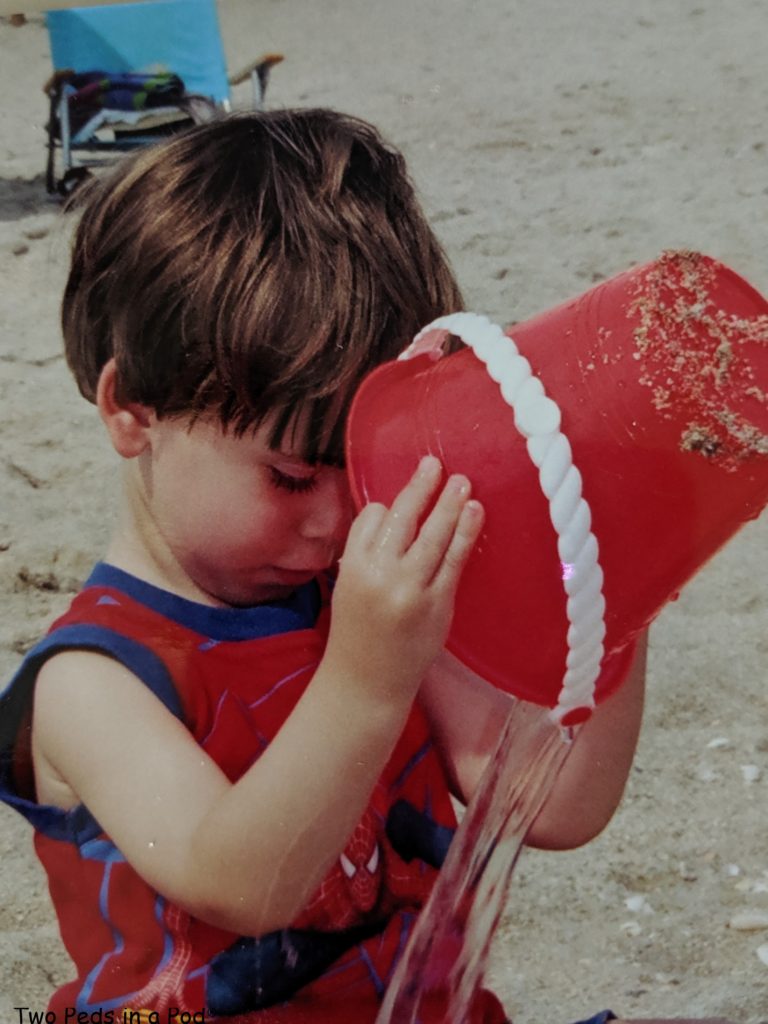
When one of Dr. Lai’s kids was around two years old, she deliberately let go of Dr. Lai’s hand when wading in waist high water. She exclaimed, “Look mommy, I can swim!” But she couldn’t, and as she started to sink, Dr. Lai scooped her up. What if she had taken swim lessons? Would that have been enough to prevent drowning? It may have helped, but that’s not enough. Kids need layers of protection to prevent tragedy in water.
Just in time for summer, we have new evidence about drowning prevention for both young kids and teens. Read on for updated swimming and water safety tips and an offer for free swim competency lessons for older kids.
Who is most at risk for drowning?
Children age 4 years and younger.
Most of these kids drown when parents do not realize kids have access to water. Think bathtubs, buckets, and toilets as well as ponds, puddles, and pools. Drowning is silent. Parents need to always watch their children around any body of water.
Adolescents aged 15-19.
Several factors contribute, including under-estimating risk (strong tides, swimming out too far), overestimation of skills, and substance use. Be sure to discuss rules of swimming with all of your children even if they are strong swimmers, and instruct them never to swim alone or without a lifeguard. Set an example yourself by wearing life jackets while boating and abstain from alcohol consumption. Alcohol contributes to half of all boating accidents in the United States.
Kids with autism.
Like children with other behavioral disabilities, they often wander away from adults without warning.
Children with seizure disorders.
Drowning is the leading cause of accidental death in children with epilepsy. Like ALL children, kids who have seizures should never be left alone for even a second in pools or baths.
Kids with a predisposition to cardiac arrhythmias.
If your family has a history of heart arrhythmias (eg. Long QT, Brugada syndrome, Ventricular tachycardia), unexplained sudden death at a young age, or an unexplained drowning, bring it to your pediatrician’s attention. In your child, let your pediatrician know about any fainting/near fainting episodes, “funny” heart beats, or chest pain.
When should I start swim lessons for my child? Continue Reading
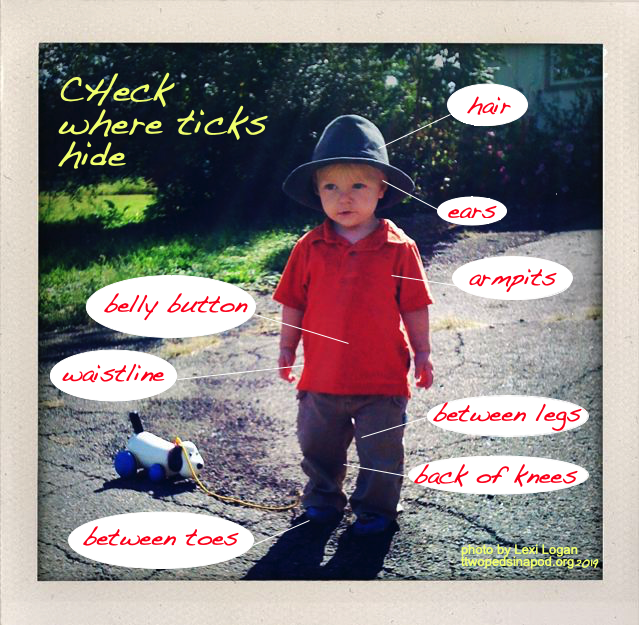
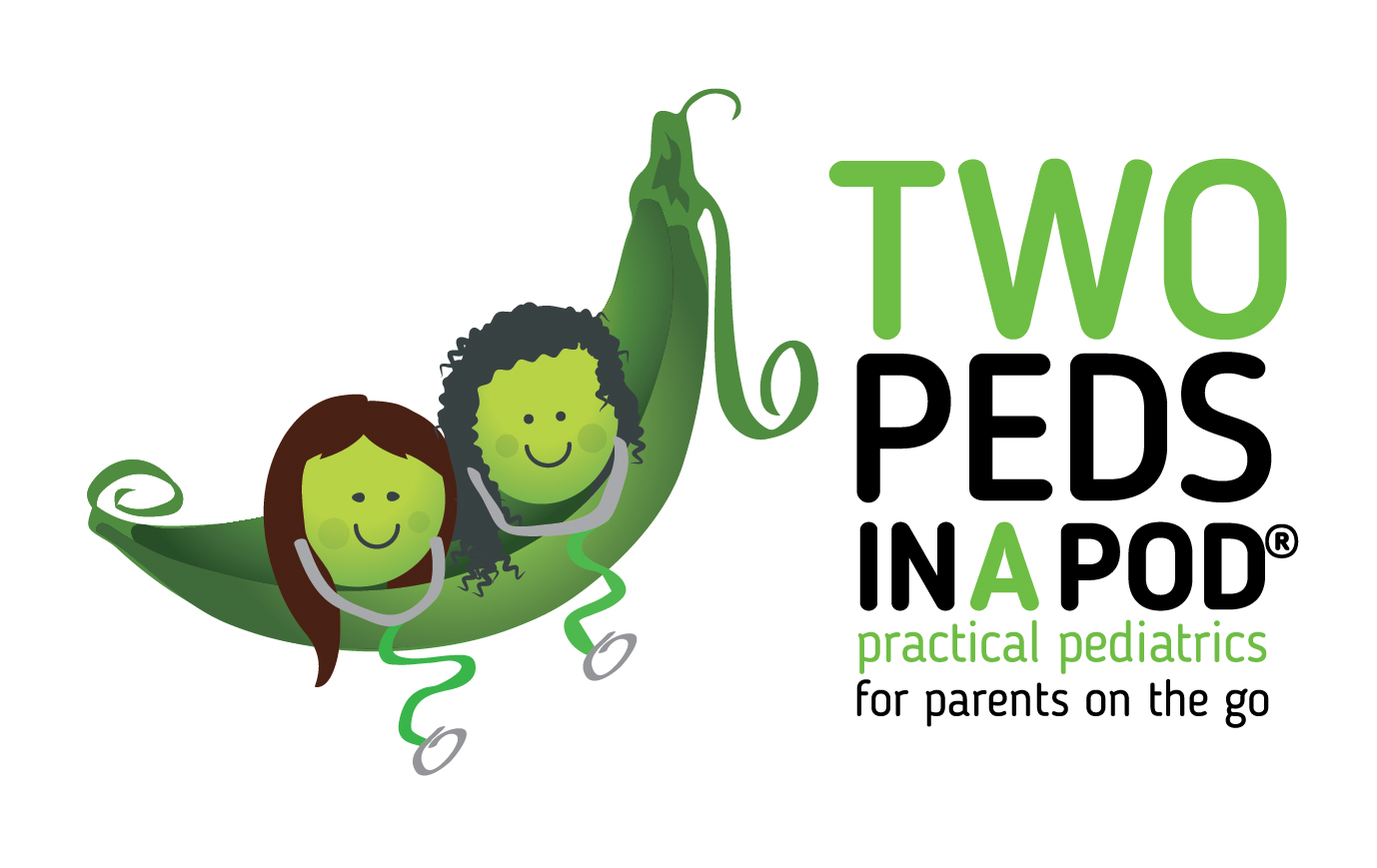



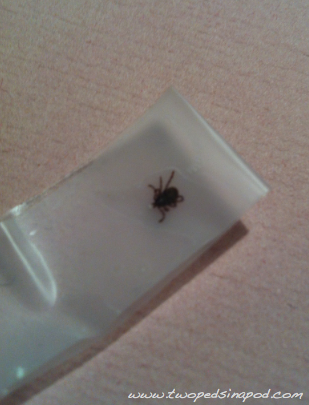
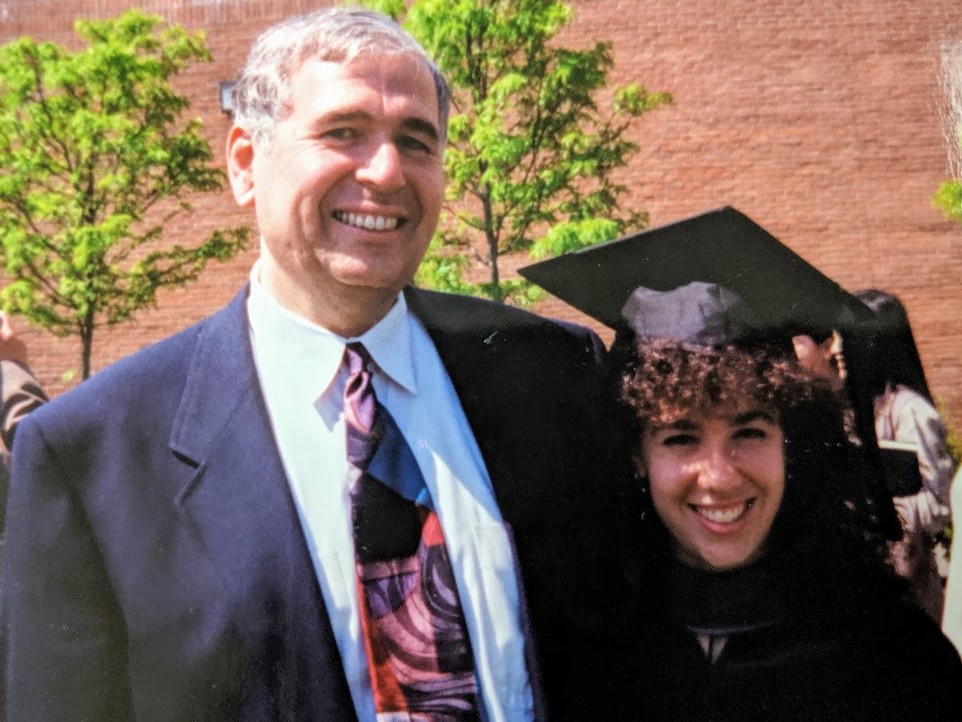
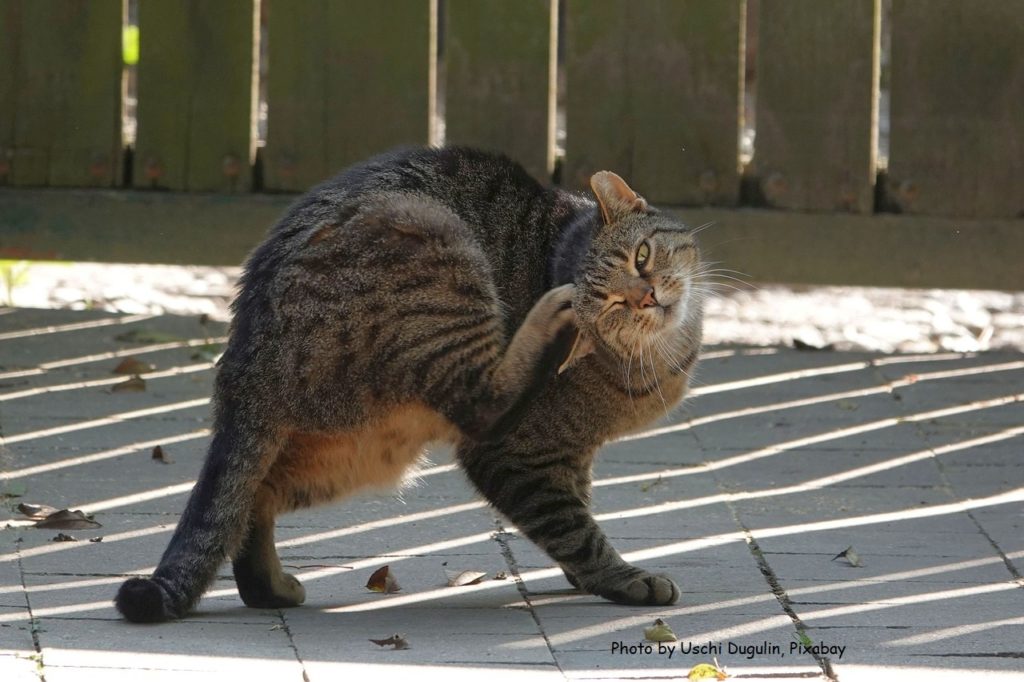 It’s pretty annoying to be itchy. Dr. Lai fondly called her itchy oldest child with eczema “itchy, bitty, spider,”or some variant of that, for much of her daughter’s childhood. Fortunately, for your kids with sensitive skin, dermatologist
It’s pretty annoying to be itchy. Dr. Lai fondly called her itchy oldest child with eczema “itchy, bitty, spider,”or some variant of that, for much of her daughter’s childhood. Fortunately, for your kids with sensitive skin, dermatologist 

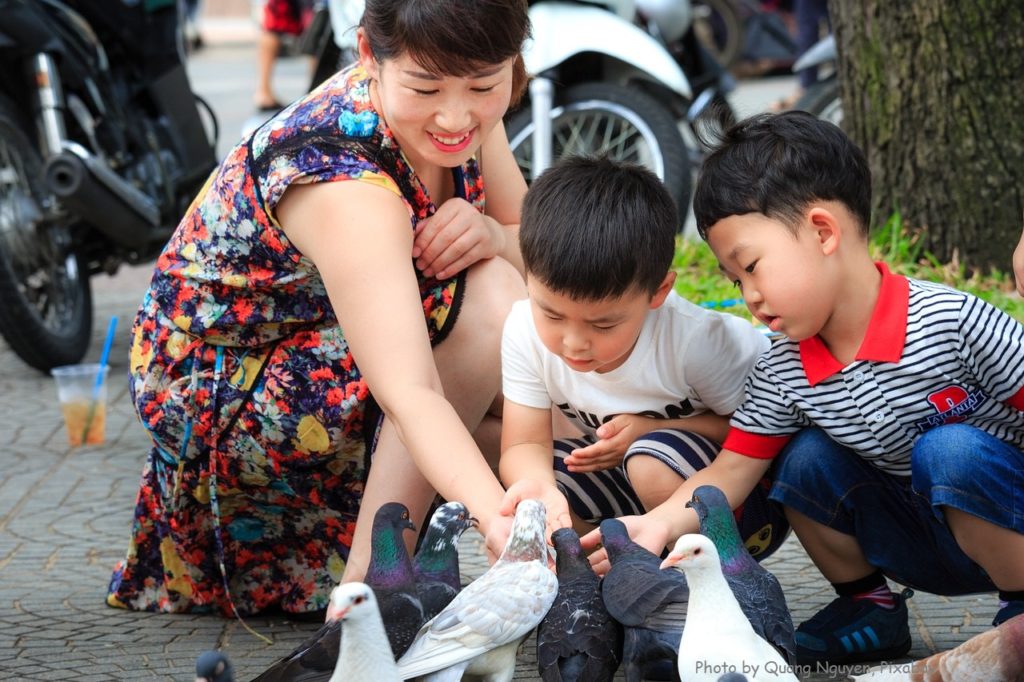
 Do you wonder if any communication actually occurs when you talk to your teen? We invite you to
Do you wonder if any communication actually occurs when you talk to your teen? We invite you to 
